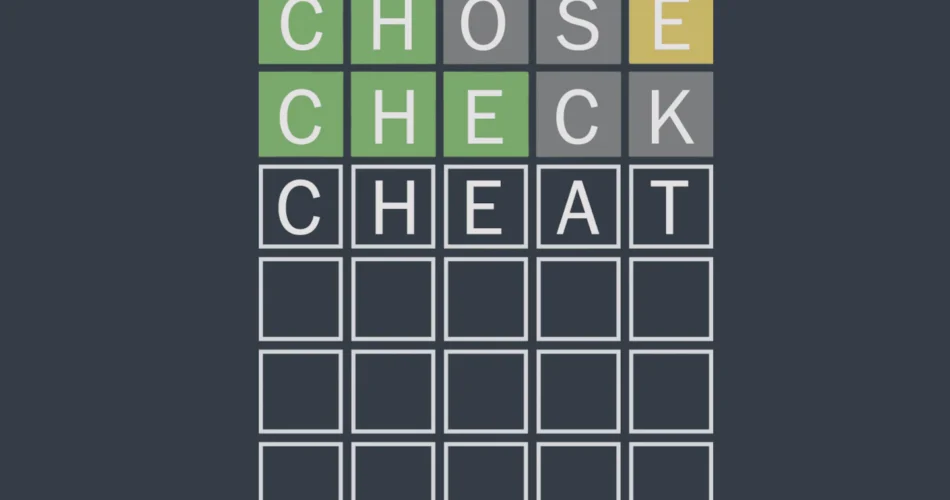For example, on Feb. 18, the day’s solution — dodge — ranked among the site’s top searches, which refresh every 30 seconds. Also appearing on the most-searched list were variants like “podge” (something pudgy), “wodge” (a bulky mass or chunk), “bodge” (an outdated English unit of measurement equal to about half a peck) and “hodge” (an English rustic or farm laborer). Those terms intermingled with more expected terms that frame the current state of the world, such as “fascism,” “false flag” and “woke.”
Greg Barlow, president of Merriam-Webster, said he first noticed the phenomenon on Friday. But he isn’t sure whether people visiting the site are explicitly trying to hack the game and cover themselves in fraudulent glory by parading the result online. Rather, he believes the visitors are curious about the definition of solutions with which they aren’t familiar.
“I’m not sure that they’re looking to get a clue, so much as people are curious about the word,” Barlow said. “I don’t know why you would cheat at Wordle. It would ruin the fun.”
Nevertheless, sneaking a peak at the Merriam-Webster search rankings would provide a Wordle player with a considerable edge. By focusing on the results with five letters, visitors can get a pretty good sense of the solution, especially if they discount the words that are as uncommon as, say, “agora.” Using the examples from Feb. 18, for instance, there would be zero chance the solution would be “bodge.” “Dodge,” on the other hand …
Whereas a first-guess solution used to be the result of blind luck, divine inspiration or players decoding overly descriptive social media posts (such as when everyone in the world felt the need to comment when the solution was “moist”), a one-word guess becomes exponentially easier — if you’re willing to compromise your integrity, that is.
Barlow said his company has not noticed a surge in the site’s traffic, which attracts 50 million users a month, but he’s enjoying seeing people interact with language both via Wordle and Merriam-Webster.com.
“I can’t think of a better place to go if people have questions about words,” Barlow said.
Source link



